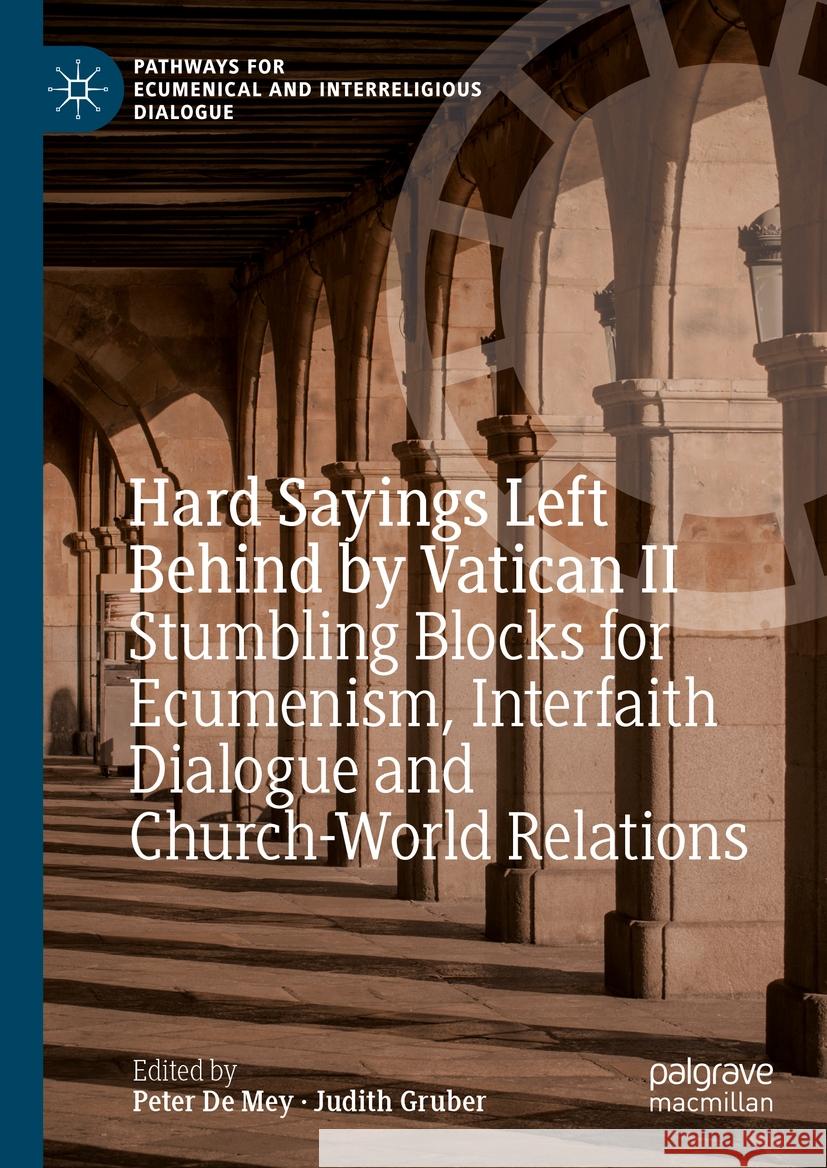Hard Sayings Left Behind by Vatican II: Stumbling Blocks for Ecumenism, Interfaith Dialogue and Church-World Relations » książka
topmenu
Hard Sayings Left Behind by Vatican II: Stumbling Blocks for Ecumenism, Interfaith Dialogue and Church-World Relations
ISBN-13: 9783031455391 / Angielski
Hard Sayings Left Behind by Vatican II: Stumbling Blocks for Ecumenism, Interfaith Dialogue and Church-World Relations
ISBN-13: 9783031455391 / Angielski
cena 563,56
(netto: 536,72 VAT: 5%)
Najniższa cena z 30 dni: 501,19
(netto: 536,72 VAT: 5%)
Najniższa cena z 30 dni: 501,19
Termin realizacji zamówienia:
ok. 22 dni roboczych
Dostawa w 2026 r.
ok. 22 dni roboczych
Dostawa w 2026 r.
Darmowa dostawa!
Kategorie:
Kategorie BISAC:
Wydawca:
Palgrave MacMillan
Seria wydawnicza:
Język:
Angielski
ISBN-13:
9783031455391











